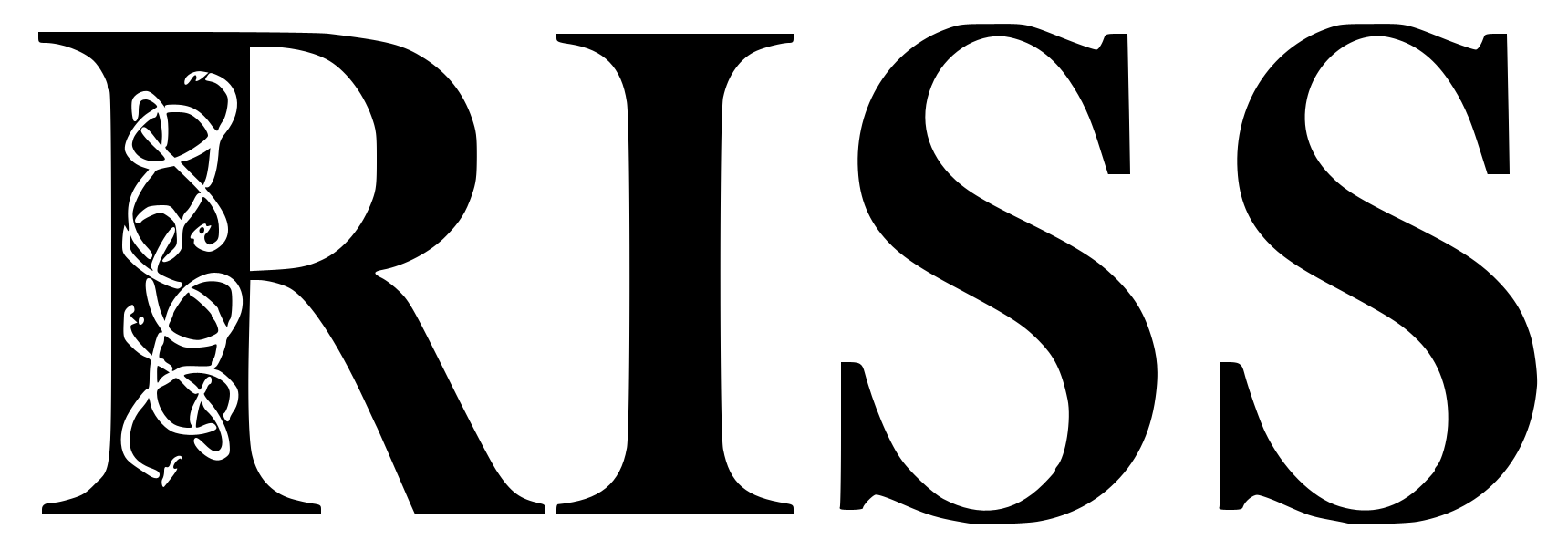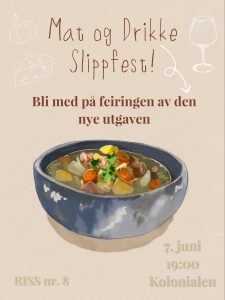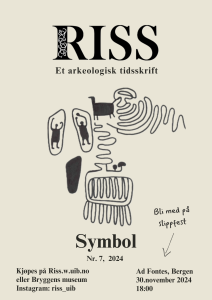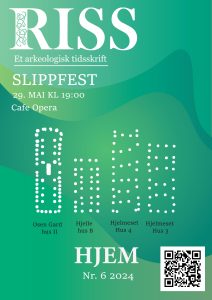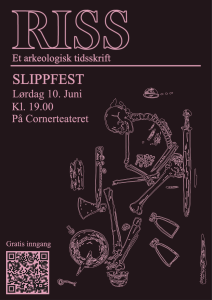With today’s air traffic, highways, and miles of railway tracks, it may be easy to think of travel as a modern phenomenon. Archaeology clearly shows that this is not the case. From the very beginning of humanity, we have constantly been on the move. This time, we are seeking contributions that can shed light on the theme of “Journey” in various ways.
We gladly welcome texts that explore the “Out of Africa” theory and how early human populations spread to all corners of the world. This includes anatomically modern humans as well as other human groups, such as Neanderthals and Denisovans. We also welcome contributions about modes of transport and transport-related infrastructure, such as ships, wagons, sleds, and roads. Discoveries of transport items in graves and the concept of the “journey to the underworld” are also valid angles.
Many human groups have had mobile lifestyles, moving through landscapes while herding or hunting animal herds, and taking advantage of seasonal resource variation. We are interested in texts that examine the many mobile settlement patterns humans have used throughout history.
There are countless reasons why people have chosen to travel – ranging from adventure to practical needs. Many have been driven by trade and economy. We warmly welcome texts on seafaring, trade routes, networks of contact, and the exchange of exotic goods. People have also embarked on religiously motivated journeys, such as pilgrimages. Politics has played a role too – we welcome texts about people who moved to form marriage alliances or went to war. Not all migration has been voluntary. War, climate disasters, and instability have always driven people to flee. We would be glad to receive contributions that address this as well. Colonialism, encounters between populations, and ethnicity are topics of interest to us. Contributions on diasporas – such as the Hanseatic League in Bergen – are also very welcome.
We are also looking for texts about the repatriation of skeletal remains and significant artifacts—items taken from a population that are now being returned. We are interested in texts that discuss DNA and isotope analyses, which can offer insight into how people moved in the past. Modern tourism is also a valid topic. Tens of thousands of people travel to famous archaeological sites each year to experience them. This contributes to wear and tear on valuable heritage material. We welcome contributions that address the ethical implications of such travel.
There are endless possible angles. All texts that shed light on the theme of “Journey” in any way are welcome in RISS No. 9. Contributions can focus on any time period, any place in the world, and any field within or related to archaeology. We accept academic articles, essays, reworked assignments, interviews, illustrations, photographs, book and film reviews, as well as fiction – from students, professionals, and other interested contributors.
If you’d like to contribute to the next issue of RISS, please send your submission by October 14, 2025, to rissred@gmail.com.
Languages:
Scandinavian or English.
Name and Title:
Title of your contribution. Author’s name, title and place of work.
Length, text size and line spacing:
Maximum 3000 words, font size 12 and line spacing 1,5.
Images/Illustrations/Figures:
Open Access, high resolution, numbered figures, name of photographer/author.
References and bibliography:
RISS has a popular science style, so reference to sources and a bibliography are not necessary, but can be included if desired. Feel free to attach an abstract and short list of recommended literature. References and bibliography must be in Harvard style and be a maximum of 500 words.
Direct quotes:
Mark with “ and ” or in cursive without quotation marks if quotes exceed three lines. Direct quotes must be referenced.
Contact:
Contributions, drafts or questions can be sent to rissred@gmail.com.
Follow our accounts on Facebook /RISSUiB and Instagram @riss_uib for more information.
